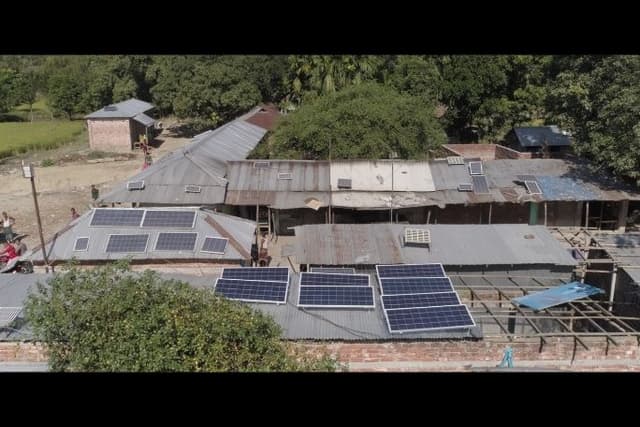
2040 - Reducing Our Carbon Footprint
Lesson2 of 2 in this unit
PrimaryYear 5 - 6MathematicsNumbersAlgebraMeasurementGeometryScienceEnvironmentalEnergySustainabilityEconomicDesign ThinkingIndustry, Innovation and Infrastructure
Summary
Lesson Guides and Printables
Lesson Plan

Student Worksheet

Teacher Content Info
